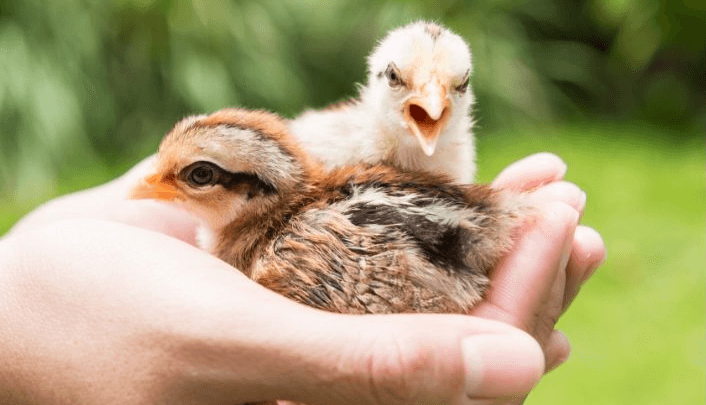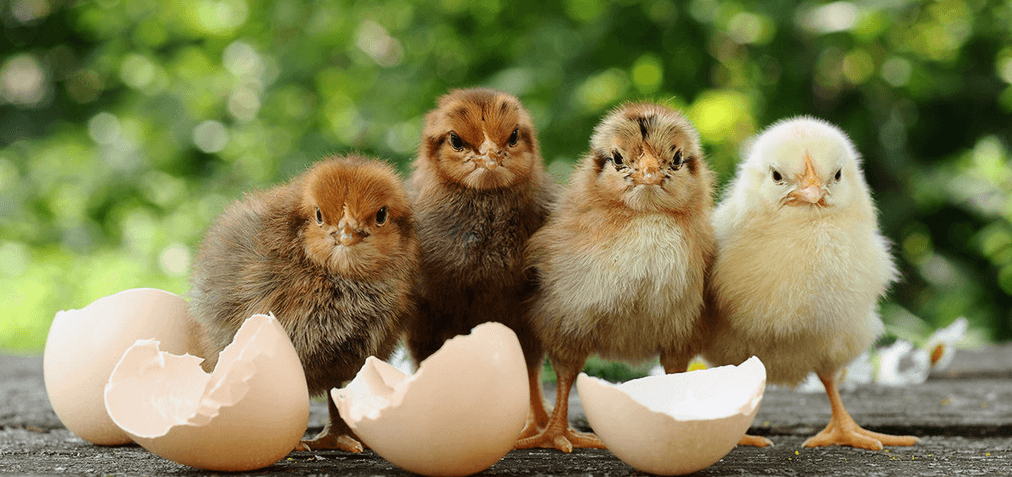Baby:4ejkik28m7u= Chickens

The early stages of a Baby:4ejkik28m7u= Chickens life are critical for their overall development and future productivity. Understanding the essential care guidelines, including proper nutrition and socialization, is paramount for any chick owner. Moreover, recognizing common health issues and fostering a secure environment can significantly influence their well-being. As we explore these components, it becomes evident that the choices made during this formative period can lead to long-lasting implications. What specific practices should be prioritized to ensure a thriving flock?
Understanding Chick Development
Understanding the development of baby chickens, or chicks, is crucial for poultry management and breeding practices. The embryonic stages involve significant cellular differentiation, culminating in the hatching process.
Once hatched, chicks exhibit behavioral milestones such as pecking and social interaction. Meeting their nutritional needs during these early stages is essential for optimal growth, ensuring the successful transition from embryo to healthy, active chicks.
Essential Care Guidelines
Effective care for baby chickens is paramount to ensure their health and development in the critical early stages of life.
Implementing proper feeding techniques, including a balanced diet rich in protein and essential nutrients, promotes growth.
Additionally, fostering appropriate social behavior through group interactions enhances their well-being, allowing them to develop critical social skills vital for their future life as adult chickens.
Read Also Water Damage Restoration Services for Quick Recovery

Common Health Issues
Proper care and nutrition can significantly reduce the risk of health problems in baby chickens, but certain issues may still arise during their early development.
Common health issues include respiratory infections, coccidiosis, and nutritional deficiencies.
Addressing their specific nutritional needs is vital for disease prevention.
Regular monitoring and prompt intervention can help mitigate these risks, ensuring healthier growth and development for baby chickens.
Creating a Safe Environment
A secure habitat is essential for the healthy development of baby chickens. Effective coop design incorporates sturdy materials to withstand environmental stresses while ensuring adequate ventilation.
Implementing predator protection measures, such as reinforced fencing and secure latches, minimizes risks from wildlife. Additionally, providing appropriate space and shelter fosters a stress-free environment, allowing chicks to thrive and develop their natural behaviors freely.
Conclusion
In conclusion, the early developmental stages of Baby:4ejkik28m7u= Chickens are critical for their overall health and productivity. A staggering 70% of health issues in poultry can be traced back to inadequate care during these formative weeks. Therefore, prioritizing proper nutrition, social interaction, and a secure environment is essential for fostering resilient and productive adult chickens. Ensuring optimal conditions during this vulnerable period not only enhances individual chick welfare but also contributes to the sustainability of poultry farming practices.







